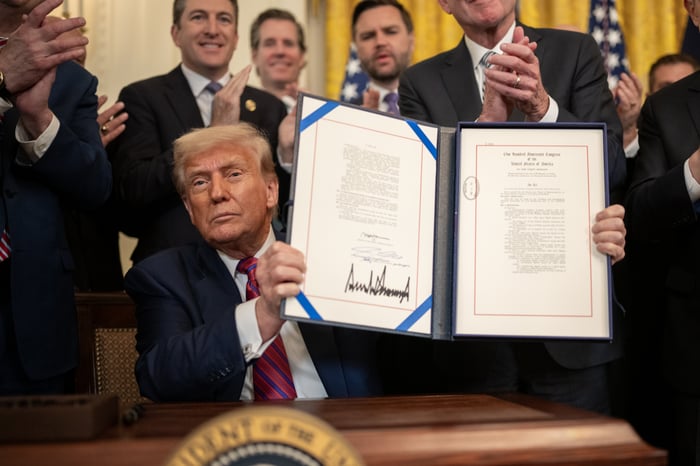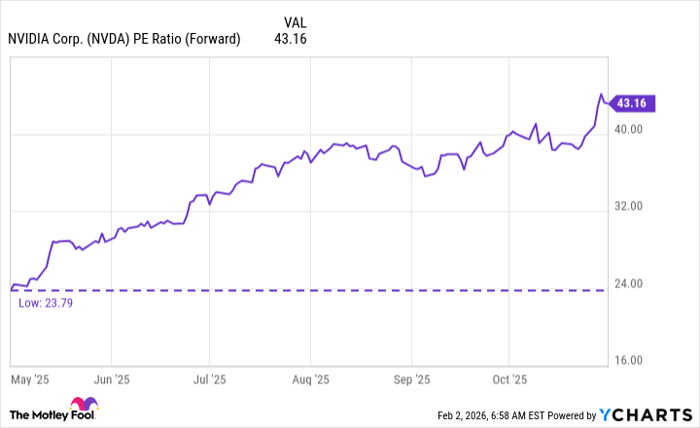Key Facts on Trump’s Economic Actions
President Trump has taken significant actions that concern investors, including the imposition of tariffs that have raised the average tax on U.S. imports to 18.6%, the highest since 1933. He recently fired Federal Reserve Governor Lisa Cook, intensifying fears about the independence of the Federal Reserve. The Congressional Budget Office estimates that the reconciliation bill could add over $4 trillion to the national debt in the next decade.
Despite these concerns, the S&P 500 has gained 10% year-to-date. However, if the Federal Reserve’s independence is compromised, Treasury bond yields could rise sharply, leading to potential declines in the stock market. JPMorgan Chase strategist David Kelly warns that such a scenario could result in a plummet of the U.S. dollar along with rising long-term interest rates.
Trump’s recent rhetoric includes threats to dismiss Federal Reserve Chair Jerome Powell, describing him in derogatory terms on social media. This ongoing conflict may cause investors to question whether monetary policy decisions are made for the economy’s long-term strength or short-term political motives, potentially impacting market stability.









